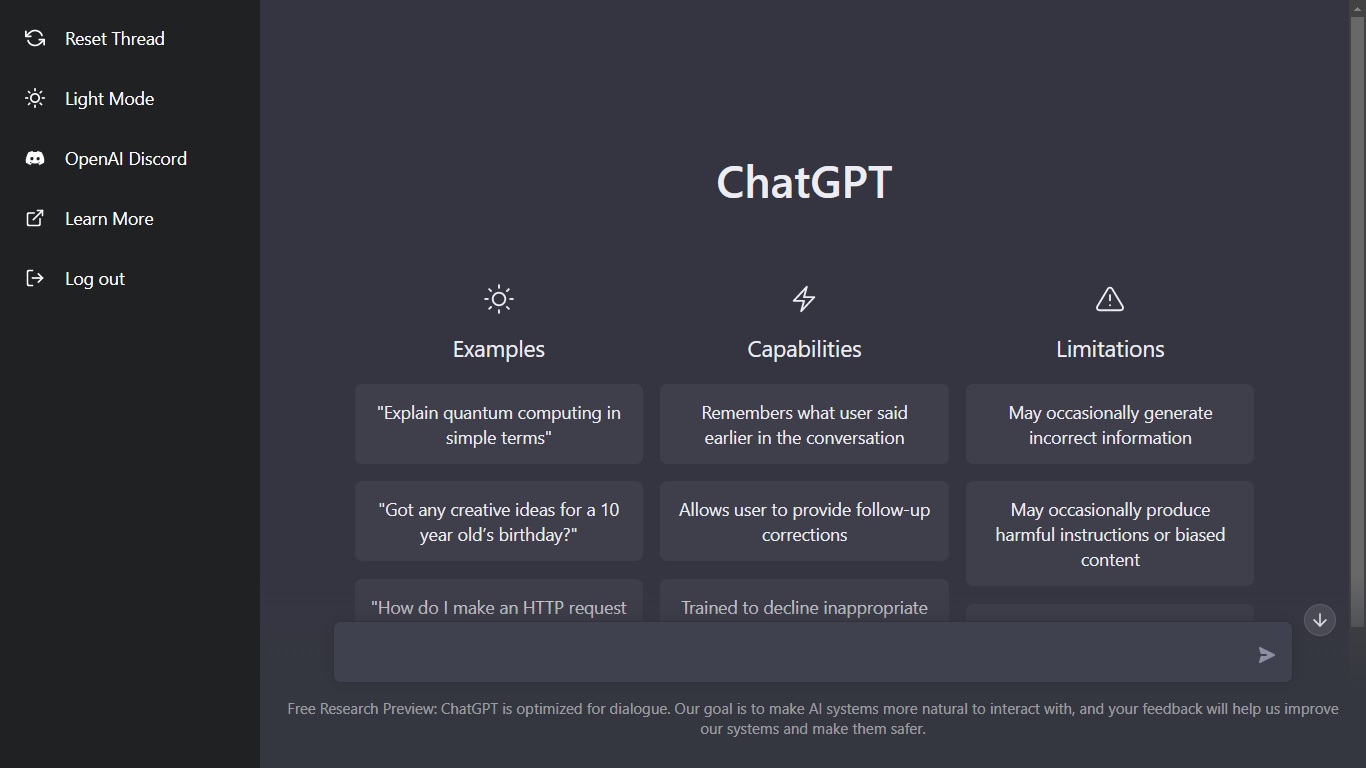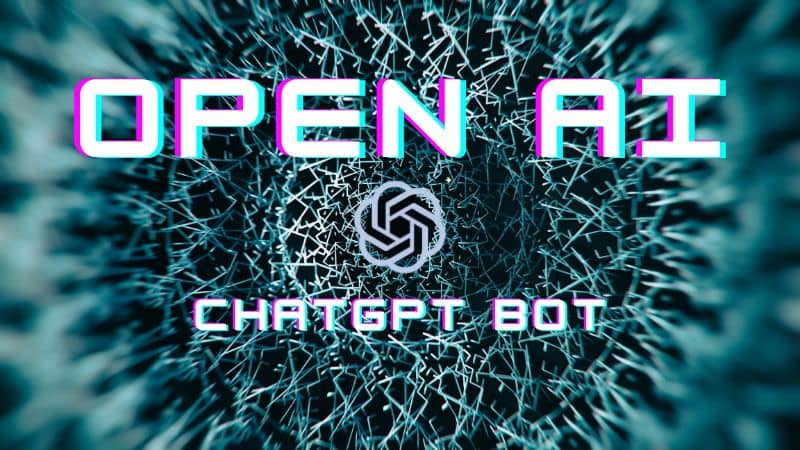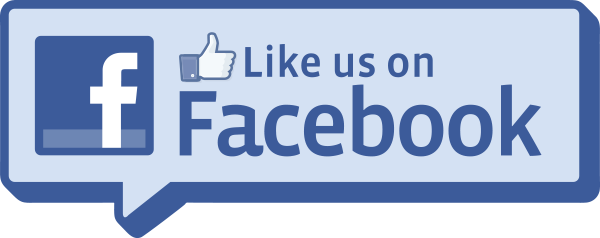Instagram Could Steal Twitter's Worst Idea: Charging for Verification
 Is Twitter Blue an example to follow? In any case, Instagram and Facebook seem to be thinking about it by developing a paid verification option.
Is Twitter Blue an example to follow? In any case, Instagram and Facebook seem to be thinking about it by developing a paid verification option.
Meta is reportedly considering implementing a paid subscription to acquire a verification badge on its Instagram and Facebook social networks. It was developer Alessandro Paluzzi who discovered it and shared it at TechCrunch.
These names are unequivocal, since they refer to a paid blue badge and IDV, an acronym generally used for “identity verification”. The developer was also able to observe references to a new type of paid subscription that had not been present until then, without having details on the nature of it.
Paid verification at Instagram and Facebook?
We have good reason to believe in this development. Alessandro Paluzzi is known for his code reviews, and has already unveiled many features in advance which were quickly confirmed by Instagram. The only difference here is that Meta has not spoken on this leak to confirm or explain it further, as he is used to with these types of discoveries.
This is not so surprising, however, since this evolution is more than close to the famous Twitter Blue subscription that Elon Musk set up as soon as he arrived on the platform. This is just beginning to be deployed in France, and offers for 8 euros per month the fact of having access to the blue badge previously prized on its platform as an indicator of the credibility of a source.
Today, this badge has lost its meaning. As part of Twitter Blue, it allows you to automatically boost your posts, receive 50% fewer ads than other users and post longer videos on the platform. But what he really did do was create nameless chaos at his introduction, as disgruntled members of Elon Musk's leadership took the opportunity to parody important accounts. A diversion that did not please both the new management of the social network and its business partners whose names were parodied.
It is undeniable that the verified status of a social network has become an important marker in the influencer economy. But by eroding its exclusive aspect, which was ironically tied to battling impostors, the platform made it less enviable.
However, monetizing a social network is always a major challenge. This is why many timelines have moved from a chronological model to an algorithmic model: the latter makes it possible to place advertising much more efficiently. This was the case with Instagram some time ago, and it would not be surprising if the example of Twitter Blue gave Meta the idea for a new source of income.
If Mark Zuckerberg's company has not yet reacted, it's a safe bet that we are facing one of two scenarios. The first is that the platform would simply stand ready to press a button to launch its own version, in case Twitter Blue eventually proves its financial worth. This scenario is regular in the middle.
The second is that this new subscription is well planned, but faced with the ire provoked by its implementation at Twitter, Meta wants to keep full control of the communication around it. Therefore, he can not venture to talk about it through a small tweet to confirm the arrival of the feature; an armada of communication and marketing experts would surely be employed to avoid the bad buzz that the rival has caused.
Nothing is obviously confirmed at the moment. It is only the analysis of a piece of code found on the mobile applications of Instagram and Facebook, after all. It only proves one thing so far: the Twitter case is not ignored by its competitors.

 ChatGPT is a language model developed by OpenAI. It is a variant of the GPT (Generative Pre-training Transformer) model that is fine-tuned for conversational language understanding and generation. It is trained on a large dataset of human-generated text and can be used for a variety of natural language processing tasks, such as answering questions, generating text, and having conversations.
ChatGPT is a language model developed by OpenAI. It is a variant of the GPT (Generative Pre-training Transformer) model that is fine-tuned for conversational language understanding and generation. It is trained on a large dataset of human-generated text and can be used for a variety of natural language processing tasks, such as answering questions, generating text, and having conversations. No specific date has been announced for ChatGPT to be paid. However, OpenAI offers a paid API to access advanced language processing power. If you are interested in using this API, you should contact OpenAI for more information on pricing and terms of use.
No specific date has been announced for ChatGPT to be paid. However, OpenAI offers a paid API to access advanced language processing power. If you are interested in using this API, you should contact OpenAI for more information on pricing and terms of use. Interview with the robot developed by Open AI, specialized in dialogue
Interview with the robot developed by Open AI, specialized in dialogue Chat GPT, the chatbot developed by the Californian start-up Open AI, is proving, as its skills are revealed, to be a formidable tool of efficiency for better and for worse.
Chat GPT, the chatbot developed by the Californian start-up Open AI, is proving, as its skills are revealed, to be a formidable tool of efficiency for better and for worse. The OpenAI chatbot, which fascinated many Internet users at the end of the year, turned out to be perfectly annoying. In this column, Xavier de La Porte slips into the shoes of an anthropologist exploring our digital life from a very distant future.
The OpenAI chatbot, which fascinated many Internet users at the end of the year, turned out to be perfectly annoying. In this column, Xavier de La Porte slips into the shoes of an anthropologist exploring our digital life from a very distant future. In a context where Facebook is rebranding itself as Meta, WhatsApp has added a new way for users not to get caught up in the conversation. As part of the company’s vision to unify the experience across all of its apps, Meta-owned WhatsApp could now allow users to reply to messages with emojis, like on Instagram and Facebook Messenger.
In a context where Facebook is rebranding itself as Meta, WhatsApp has added a new way for users not to get caught up in the conversation. As part of the company’s vision to unify the experience across all of its apps, Meta-owned WhatsApp could now allow users to reply to messages with emojis, like on Instagram and Facebook Messenger. The American giant has made further concessions to the British antitrust. It wants to ensure that its competitors will not be harmed by the scheduled end of third-party cookies in its Chrome browser in 2023.
The American giant has made further concessions to the British antitrust. It wants to ensure that its competitors will not be harmed by the scheduled end of third-party cookies in its Chrome browser in 2023.
